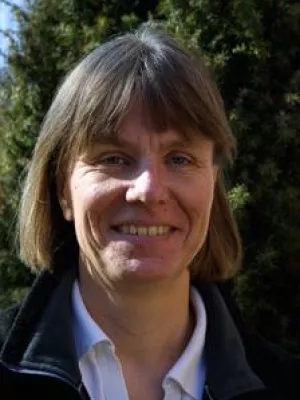
Katarina Hedlund
Professor

Generalist and specialist parasitoid strategies of using odours of adult drosophilid flies when searching for larval hosts
Author
Summary, in English
Parasitoids foraging for larvae of Drosophila flies can use odours of adults of their hosts as well as odours of the food of their host larvae. Adult Drosophila deposit volatile aggregation pheromones into a substrate when mating and ovipositing. In this paper three species of parasitoids with different degrees of host specialization are compared in bioassays with regard to innate responses to aggregation pheromones of adult drosophilid hosts. Specialist parasitoids are assumed to use more specific information about their hosts than generalist parasitoids. Two phylogenetically related cucoilid parasitoids, Leptopilina boulardi a host specialist, and L. heterotoma a generalist, were attracted to odours of adult hosts in windtunnel tests. L. heterotoma responded to odours of all species within its host range and one non-host. The specialist L. boulardi was attracted to odours of adult hosts within its range but also to some non-host species. Production of similar pheromonal compounds by non-host and host Drosophila species can explain the reponses by L. heterotoma and L. boulardi to non- host species. A phylogenetically unrelated braconid host specialist Asobara tabida did not respond to any odours of adult hosts. However, when A. tabida females were given an oviposition experience in the presence of host pheromones, they became attracted to aggregation pheromones of their host.
Publishing year
1996-01-01
Language
English
Pages
390-398
Publication/Series
Oikos
Volume
77
Issue
3
Document type
Journal article
Publisher
Wiley-Blackwell
Topic
- Ecology
Status
Published
ISBN/ISSN/Other
- ISSN: 0030-1299